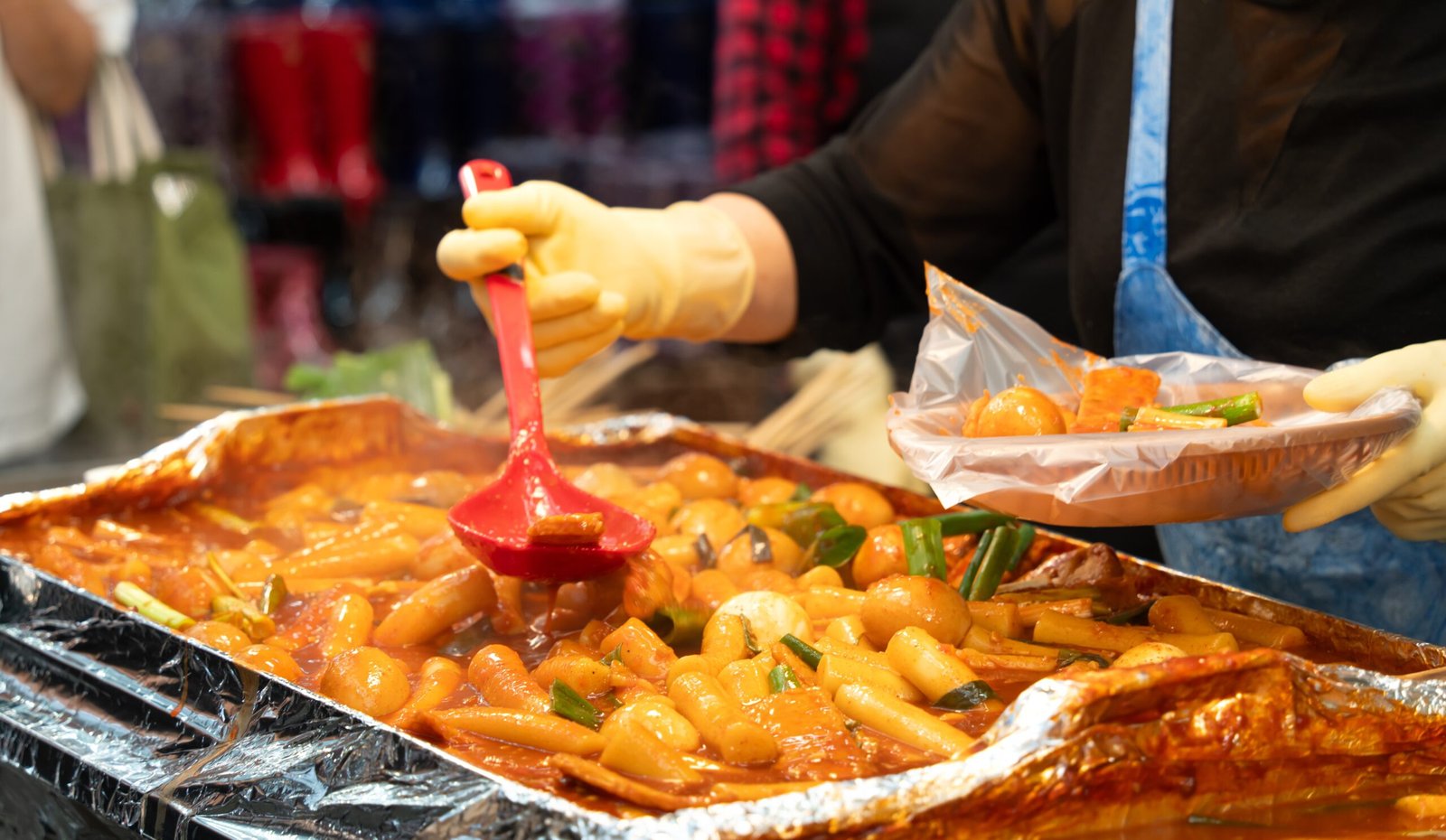- Korean cuisine is booming globally, with dishes like kimchi, bibimbap, and Korean fried chicken becoming mainstream.
- The rise of K-pop, K-dramas, and social media has fueled global demand for authentic Korean flavors.
Walk into a supermarket in New York or London today, and you’ll likely find jars of kimchi, gochujang paste, and frozen bulgogi dumplings right next to pasta sauces and salsa. What was once a niche cuisine is now shaping grocery shelves, restaurant menus, and even fast-food innovation.
Korean Food Goes Mainstream
Korean cuisine has been steadily gaining popularity in the West for the past decade, but cultural exports have supercharged its rise. According to a report, the popularity of K-pop groups like BTS and the global reach of K-dramas have sparked curiosity and demand for Korean flavors. Social media platforms amplify this effect, with TikTok recipes and Instagram reels showcasing easy-to-make Korean staples.
Restaurants are following suit. Korean fried chicken chains are spreading across the US, while upscale chefs are integrating Korean ingredients like gochugaru and doenjang into fusion menus. Even major fast-food brands are experimenting, offering limited-time Korean-inspired burgers and sauces to meet demand.
From Home Kitchens to Global Culture
Supermarkets and online grocers are responding quickly. Sales of Korean sauces and ready-to-cook products are seeing double-digit growth, with brands like CJ Foods leading the expansion. At the same time, Korean barbecue restaurants have become dining hotspots, offering not just meals but immersive cultural experiences.
The influence runs deeper than flavor alone. Korean cuisine reflects a balance of health, fermentation, and communal dining—values that resonate with modern consumers seeking both wellness and connection. As NPR notes, the rise of kimchi is as much about cultural pride as it is about probiotic benefits.
What began as a culinary curiosity has now become part of the Western mainstream, with Korean food shaping the way people eat, shop, and even view food culture itself. From K-pop soundtracks to kitchen tables, Korean cuisine isn’t just a trend—it’s a movement that’s here to stay.
Related posts:
Jacklyn is a San Diego–based food journalist with a background in the confectionery world. Before diving into food reporting, she worked at a startup crafting plant-based, low-sugar sweets designed to make candy a little healthier







